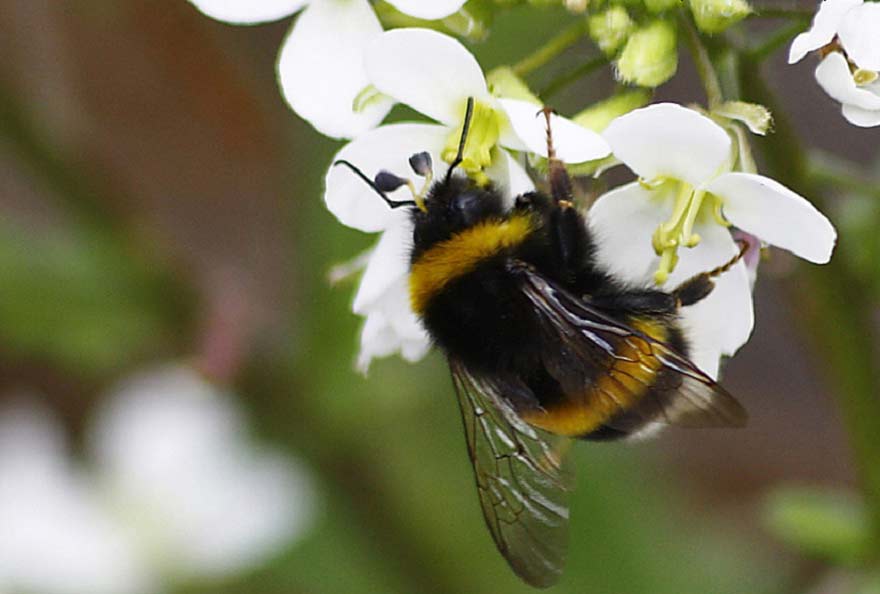The Academy of Technologies recommends dynamic management of biodiversity in land use planning projects. An opinion at the heart of current events, especially when we see the massive opposition linked to the the project for a Grand Ouest airport, known as the Notre-Dame-des-Landes airport project, which is giving rise to fierce local and national controversy between its supporters and opponents (1).
In an opinion voted in December 2015, the result of several years of joint reflection with the Academy of Agriculture, the Academy of Technologies recommends that any development project should integrate, during the impact study, all the dimensions of biodiversity, both negative and positive. In this respect, the Academy issues a certain number of recommendations to the public authorities within the framework of or in addition to the bill "For the recovery of biodiversity, nature and landscapes", currently being examined by the Senate.
Biodiversity, a factor in the resilience of ecosystems, plays an essential role in the preservation of our planet's environment and the living conditions of its inhabitants. It is also a source of inspiration for technological innovations (biomimetic or bioinspired technologies) that lead to new drugs or materials, and for original ways of managing ecosystems.
However, biodiversity is poorly known, particularly because phenomena described as random play an important role in it, phenomena that paradoxically are still little studied.
Since the Law of 10 July 1976 on the protection of nature, all land use planning projects must be subject to an impact study setting out the measures planned to avoid, reduce or, failing that, compensate for the damage caused by the project to neighbouring environments (the so-called "avoid-reduce-compensate" doctrine).
The draft law "For the recovery of biodiversity, nature and landscapes", adopted on March 24, 2015 in first reading by the National Assembly, and currently being examined by the Senate, introduces new provisions relating to the obligation of compensation.
In an opinion adopted at the plenary assembly on 9 December, the Academy of Technologies recommends that new developments should be designed with biodiversity as a possible resource and that the most appropriate techniques and methodologies should be used to measure biodiversity loss, taking into account the adaptive and evolutionary properties of living systems.
The impact study should therefore include an analysis of the benefits and costs, advantages and disadvantages, linked to the project, to the modification, preservation, enhancement of specific ecosystems and their biodiversity, and even to the increase in the latter.
The Academy of Technology also recommends that research on biodiversity should be developed to acquire new knowledge to facilitate decision-making. This knowledge, the Academy concludes, is also necessary to promote dynamic and adaptive management of biodiversity, which is part of true ecological engineering, of which conservation is only one of the modalities.
The Academy of Technologies thus promotes a new long-term economic and social development, based on an "ecological transition" and with the constant concern to improve the current and future well-being of our societies. »













